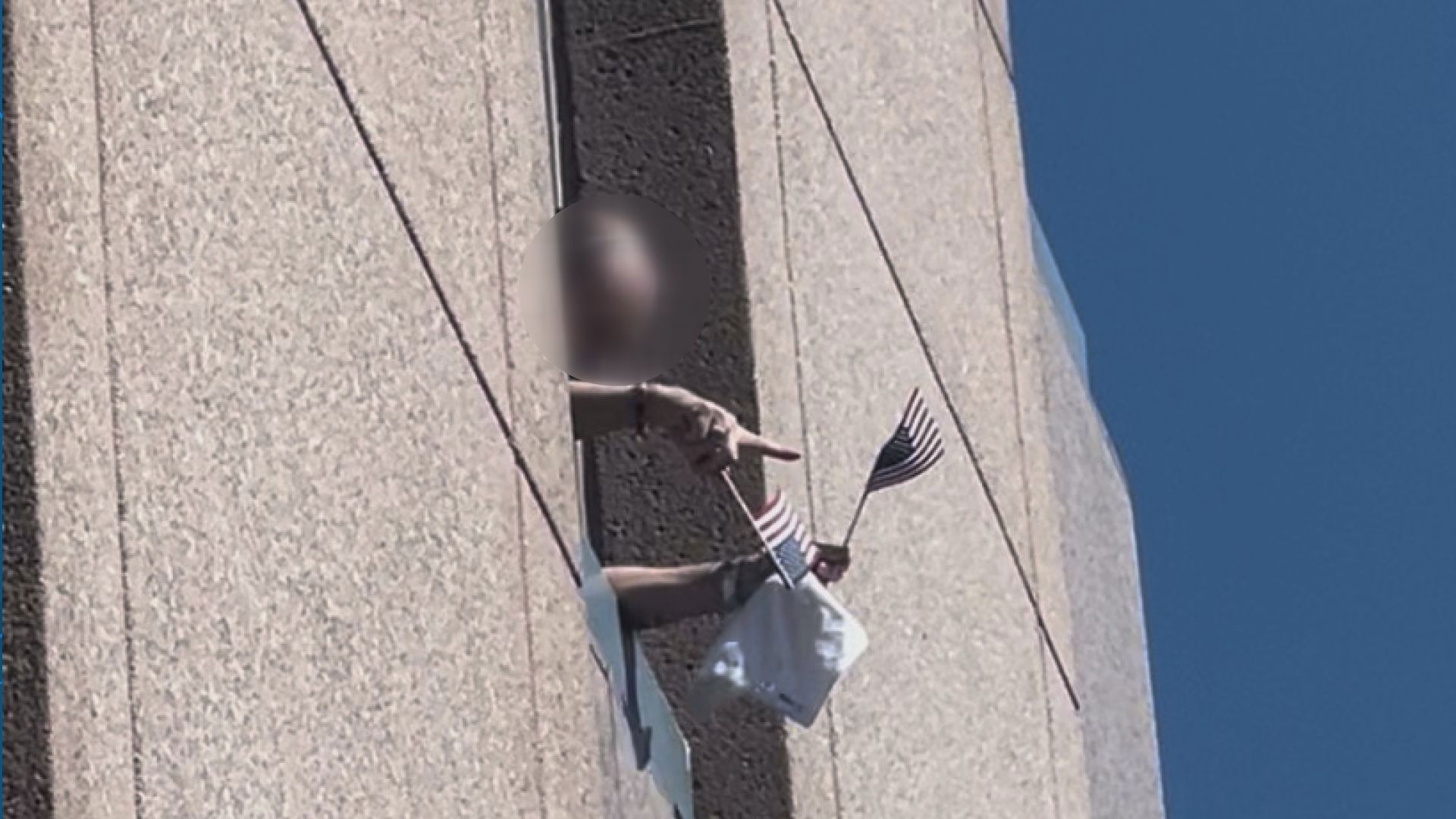ATLANTA – Richard Rackleff, the man who conducted the polygraph analysis of Tex McIver’s claims that he accidentally shot his wife Diane last month while they were driving to their Buckhead home, spoke with 11Alive News on Friday.
Rackleff has administered polygraph tests for three decades, with case as high-profile as Richard Jewell. Two days ago, a new case landed in his office – Tex McIver, the Atlanta attorney, who last week, fatally shot his wife.
“I went through all the details of the background of his wife, and then what happened that particular day,” Rackliff said.
Rackliff recounted McIver’s story of driving through what he believed to be a high-crime area of Atlanta, and asking his wife Diane for his gun. McIver told Rackleff he was holding his gun when he dozed off.
“He said he kinda pulled himself up, and when he pulled himself up, the gun went off,” Rackleff said. “And what he described was a flash – just a huge flash.”
Rackleff says, according to his polygraph analysis, McIver told him the truth.
“I asked him specifically, ‘Did you intentionally fire the gun that night? Did you do anything with the gun that caused it to fire? And did you knowingly cause the gun to discharge in your SUV?’” Rackleff said. “And like he described, ‘All the answers were no.’”
“The thing investigators are gonna have to get to the bottom of is why did that gun fire?” said 11Alive legal analyst Phil Holloway. “Triggers don’t just pull themselves.”
Holloway says the polygraph has value, but won’t give police all the answers. He says police will look far beyond McIver’s story.
“They’re not used that often, and even if they are, they’re not admissible in court,” Holloway said.
“Polygraph’s extremely effective, and sometimes, it’s the only thing you have that corroborates your credibility,” Rackleff said.

























